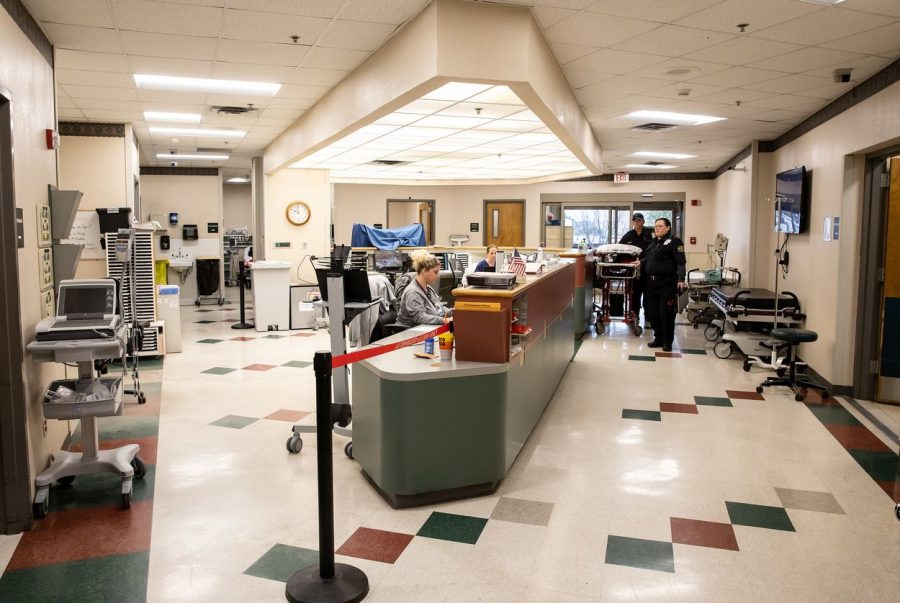Texas bill could require freestanding emergency rooms to clarify insurance policies
A freestanding emergency room provides 24-hour acute care in the Mueller neighborhood of Austin on July 10, 2017.
June 3, 2019
Ten years ago, Texas became the first state to allow licenses for independent freestanding emergency medical care facilities. Since then, just over 200 have opened their doors around Texas, according to state data. They resemble urgent care clinics, but some regularly charge patients hospital emergency room prices.
State lawmakers considered several bills this session aimed at addressing complaints that some freestanding emergency rooms overcharge patients and are not clear with consumers regarding pricing or insurance coverage.
One bill awaiting action by the governor will require freestanding emergency rooms to clearly disclose the in-network health plans they accept and the fees patients may be charged.
Freestanding emergency rooms are already required to display the health plans they accept on signs around the facility, per state legislation passed in 2017. However, some say the signs can be confusing and include logos of health plans the facility doesn’t accept. State Rep. Tom Oliverson, R-Cypress, said his bill, House Bill 2041, requires freestanding emergency rooms to give patients a printed-out disclosure in English and Spanish that lists the in-network health plans and the average price a patient may be charged for a procedure, including facility fees. Patients can choose whether to sign it. Under the bill, freestanding emergency rooms will also be barred from advertising that it “takes” or “accepts” certain insurers or health plans if the facility is not an in-network provider.
The disclosures will be required for both independent and hospital-affiliated freestanding emergency rooms. Lawmakers also took up the alleged issue of “price gouging” at freestanding emergency rooms. House Bill 1941 by state Rep. Dade Phelan, R-Beaumont, will allow the Texas attorney general to take action against freestanding emergency rooms that charge “unconscionable” rates, which the bill defines as prices that are 200% more than the average hospital charge for a similar treatment.
Phelan said the bill would go after the “bad actors” in the freestanding emergency room field that take advantage of Texans in dire situations.
Both bills are now awaiting action by the governor, who can sign them, veto them or let them become law without his signature. If neither bill is vetoed, they will take effect September 1.



